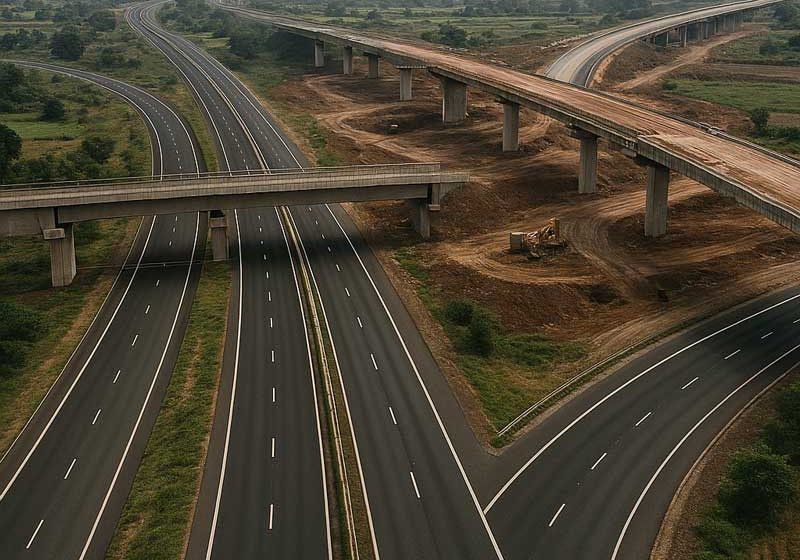India’s Ministry of Road Transport and Highways (MoRTH) introduced the changes on July 10 to curb aggressive bidding and improve construction quality.
Revised bidding criteria for hybrid annuity model (HAM) road projects could temporarily disqualify one in four existing developers, according to a new analysis by Crisil Ratings. The Ministry of Road Transport and Highways (MoRTH) introduced the changes on July 10 to curb aggressive bidding and improve construction quality.
The updated financial qualification norms raise the minimum available net worth requirement to 20 per cent of the estimated project cost, up from 15 per cent. Additionally, developers must now deduct 20 per cent of the balance value of their ongoing public-private partnership projects when calculating available net worth. This move aims to ensure that financial capacity aligns with future commitments.
Crisil’s assessment of 74 developers, who secured nearly 90 per cent of HAM projects between FY2022 and FY2025, reveals that around 25 per cent may be unable to bid under the new rules. Another 15-17 per cent may be restricted to adding only one new project due to net worth constraints.
“Based on the average ticket size of ₹9 billion per HAM project, the revised norms could significantly limit bidding capacity for several players in the near term,” said Anand Kulkarni, Director, Crisil Ratings. “However, as ongoing projects progress, some net worth will be freed up, allowing developers to re-enter the bidding pool within one to two years.”
MoRTH has also tightened technical qualification thresholds. Developers must now demonstrate completed work equivalent to 35 per cent of one similar project or 25 per cent of two, compared to the earlier 20 per cent benchmark. Additional parameters, such as execution timelines and road length have also been raised.
The reforms are expected to restore bidding discipline, improve project execution standards, and ensure a more balanced distribution of contracts across experienced and emerging players.


